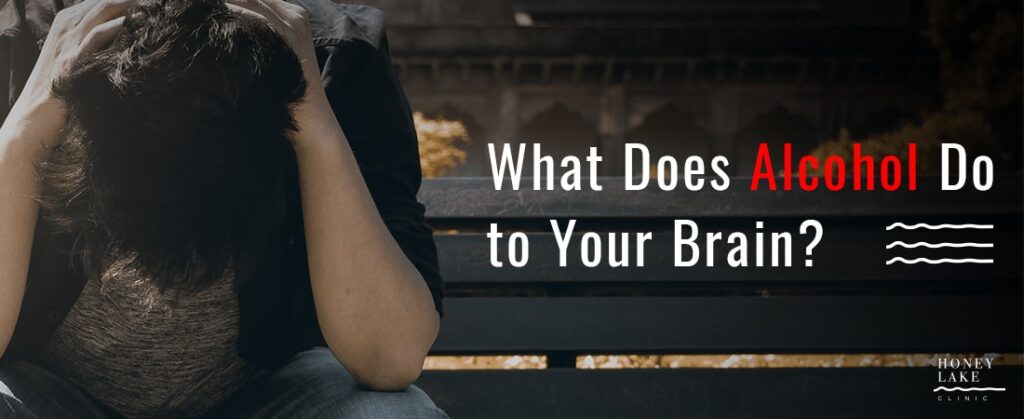What Does Alcohol Do to Your Brain?
Did you know alcohol abuse impacts your behavior, as well as your physical and emotional well-being? Alcoholism can take a tremendous toll on your personal, social and work life, causing upheaval in relationships and breakdowns in responsibility.
But What About Your Brain?
Alcohol advertisements caution, alcoholic beverages should be enjoyed responsibly. However, alcohol consumption can cause individuals to lose their ability to think responsibly.
In the short term—
Alcohol is associated with several familiar cognitive effects, such as a loss of inhibitions, confused thinking, and poor decision-making. Even a short-term loss of control over normal mental faculties can result in legal and personal troubles that would likely not have occurred were alcohol not involved.
In the longer term—
Research has confirmed alcohol abuse causes your brain to shrink. Significant changes in brain cells and brain chemistry also result from heavy alcohol use. These changes have been linked to problems including memory loss, difficulty concentrating and impulsive behavior.
How Does Alcohol Impact Cognitive Ability?
Occasional and moderate drinkers:
- Memory impairment
- Blackout
- Recklessness
- Impaired decision-making
Heavy and/or chronic drinkers:
- Diminished gray matter in the brain
- Inability to think abstractly
- Loss of visuospatial abilities
- Wernicke-Korsakoff syndrome
- Memory loss
- Loss of attention span
If you or someone you love has a problem with alcohol, we can help. Call and speak confidentially with one of our counselors right now at (888) 837-6577.
Alcohol is the most commonly abused drug in the US. It is well established in the mental health field that alcohol consumption can exacerbate underlying mental health disorders.
Let Your Recovery Begin Today!
Physical Recovery from Alcoholism
Alcohol dependency is at least partially defined by its physical aspects. These include changes in brain chemistry that lead to cravings when alcohol consumption ceases. As you get sober, the cravings will gradually decrease in intensity until they are no longer much of a factor.
Psychological Addiction, Alcoholism and Recovery
Physical cravings can cause a relapse in the early stages of recovery, before they begin to decline in their severity. But psychological cravings for alcohol are an entirely different matter. These powerful urges are triggered by life circumstances and events that never completely lose their ability to provoke a response. Addiction doesn’t happen in a vacuum. These are triggers—and you’ll benefit from education, counseling and therapy to reframe your understanding of these triggers and gain the skills necessary to manage them.
Dual Diagnosis
In the field of substance abuse treatment, an individual who simultaneously has a substance use disorder and at least one other mental health disorder is considered to have a dual diagnosis. Whether alcohol causes or simply accompanies the underlying mental health disorder is not clearly understood. However, individuals who abuse alcohol and have a mental health disorder diagnosis require treatment for both conditions.
Honey Lake Clinic’s dual diagnosis program offers specialized, integrated treatment for patients who are suffering from both addictions and mental health issues.
At Honey Lake Clinic, we believe faith-based treatment, encompassing your spiritual, physical and mental health, will provide you with the long-lasting tools and knowledge you need to break alcohol’s grip.
Make the call! Call Honey Lake Clinic (888) 837-6577 Email info@honeylake.clinic or Visit www.honeylake.clinic




